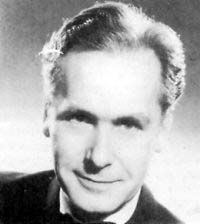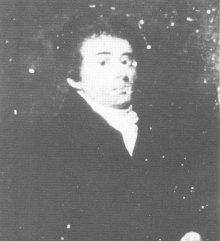Griffith Jones may refer to:
- Griffith Jones (Llanddowror) (1684–1761), Llanddowror, who established circulating schools in Wales
- Ysgol Griffith Jones, Carmarthenshire, UK, a school named after the educator
- Griffith Jones (mayor), appointed to the Supreme Court of Pennsylvania in 1690, later Mayor of Philadelphia
- Griffith Jones (actor) (1909–2007), actor, who played Caryl Sanger in the film Escape Me Never (1935)
- Griffith Jones (priest) (1684–1761), Welsh Anglican priest who promoted Methodism
- Griffith Arthur Jones (1827–1906), Welsh Anglican priest
- Griffith Hartwell Jones (died 1944), Professor of Latin at the University of Wales, Cardiff
- Griff Rhys Jones, British comedian, writer, and actor
- Griffith Rhys Jones (1834-1897), Welsh conductor
- Mervyn Griffith-Jones (1909-1979), British lawyer and judge

The Supreme Court of Pennsylvania is the highest court in the Commonwealth of Pennsylvania's Unified Judicial System. It also claims to be the oldest appellate court in the United States, a claim that is disputed by the Massachusetts Supreme Judicial Court. The Supreme Court of Pennsylvania began in 1684 as the Provincial Court, and casual references to it as the "Supreme Court" of Pennsylvania were made official in 1722 upon its reorganization as an entity separate from the control of the royal governor. Today, the Supreme Court of Pennsylvania maintains a discretionary docket, meaning that the Court may choose which cases it accepts, with the exception of mandatory death penalty appeals, and certain appeals from the original jurisdiction of the Commonwealth Court. This discretion allows the Court to wield powerful influence on the formation and interpretation of Pennsylvania law.

Griffith Jones was an English film, stage and television actor.

Griffith Jones was a Welsh minister of the Church of England and a promoter of Methodism. He is best known for spreading literacy in Wales with his circulating schools.




